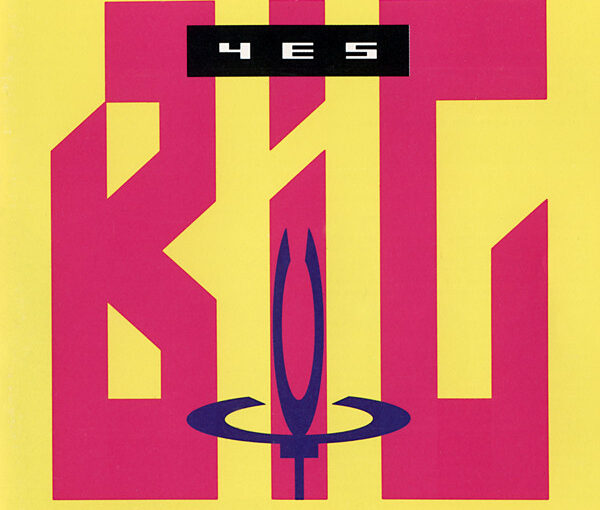The 1987 follow up to Yes’ massively successful ‘90125’ is every bit as excellent as its predecessor. The second album with guitarist Trevor Rabin continued the balanced sound of progressive elements. Mixed with the popular hard rock sound of the 80’s. To create an underrated masterpiece of rock history. I’m talking, of course, about Yes’ ‘Big Generator.’
Starting with enigmatic ‘Rhythm of Love.’ ‘Big Generator’ makes its statement. An insanely catchy Van Halen influenced riff and drive. Complete with a high quality chorus that’s a true ear worm. The title track is an innovative, heavy, seven string riff. That’s a precursor to what would become known as Djent. While Yes is far from that genre. It’s cool to their influence on bands such as Meshuggah and Animals As Leaders. ‘Shoot High, Aim Low’ is quintessential Rabin era Yes. The vocal harmonies between him and vocalist Jon Anderson are thick and rich. Making the track one of the most respected in the Yes catalog.
‘Almost Like Love’ is like a heavy rom com prog jam. The cut time drum beat, combined with the riff and Tony Kaye’s keys make it a unique track. ‘Love Will Find A Way’ should have been a number one hit. But with the decline in popularity, it didn’t perform up to snuff. ‘Final Eyes’ is another power pop ballad that should have been a hit. It fits the era it was released in perfectly. ‘I’m Running’ is throw back to the early 70’s. But with a slight twist of what Yes was about in the 80’s. ‘Holy Lamb’ closes the album out with chill, prog vibes. An appropriate ending to the album.
The album, while not a commercial failure by any means, did fail to recapture the massive success of ‘90125.’ Some fans even say that ‘Big Generator’ is the superior album. Which I’m inclined to agree with. So what happened? The answer is simple. Timing. The band just waiting too long to complete and release the album. There’s nearly four years in between the records. By 80’s standards, that’s a big chunk of time to wait after having a massively successful album. Very few bands pulled off a break that long. Had Yes finished and released the album by fall of ’85, I have no doubt that it would have been even bigger than its predecessor.

